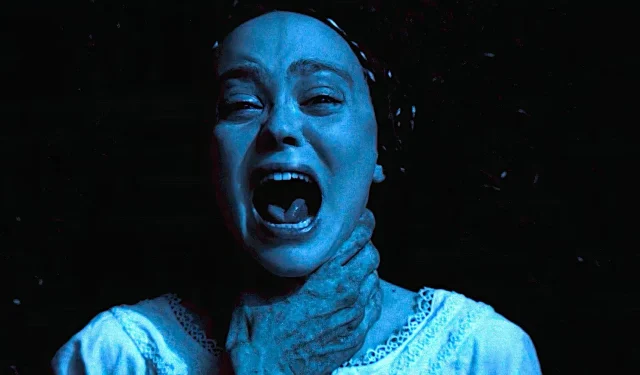
Robert Eggers, the acclaimed director known for his visionary approach to horror filmmaking, recently articulated the need for greater respect for the horror genre. His latest creation, Nosferatu, reimagines the iconic vampire narrative rooted in F.W. Murnau’s groundbreaking 1922 silent film. This modern gothic horror tale delves into the sinister escapades of Count Orlok, portrayed by Bill Skarsgård, as he wreaks havoc in a secluded seaside village. The story unfolds through the experiences of Ellen Hutter (Lily-Rose Depp) and her husband, Thomas (Nicholas Hoult), who find themselves ensnared in a web of impending doom. Released by Focus Features on Christmas Day, Nosferatu has already made a significant impact at the box office.
I just think that because of the history of genre films originally often being relegated to B-movies, I think it’s just something that people haven’t totally wrapped their minds around as considering something as important.
We know that it’s important to explore the darkness in humanity, so there is great value in expressing what it is to be human with other humans by looking at the stuff that we don’t necessarily want to look at, but that can be difficult.
Understanding Eggers’ Advocacy for Genre Films
The Ongoing Struggles of Horror for Acknowledgment

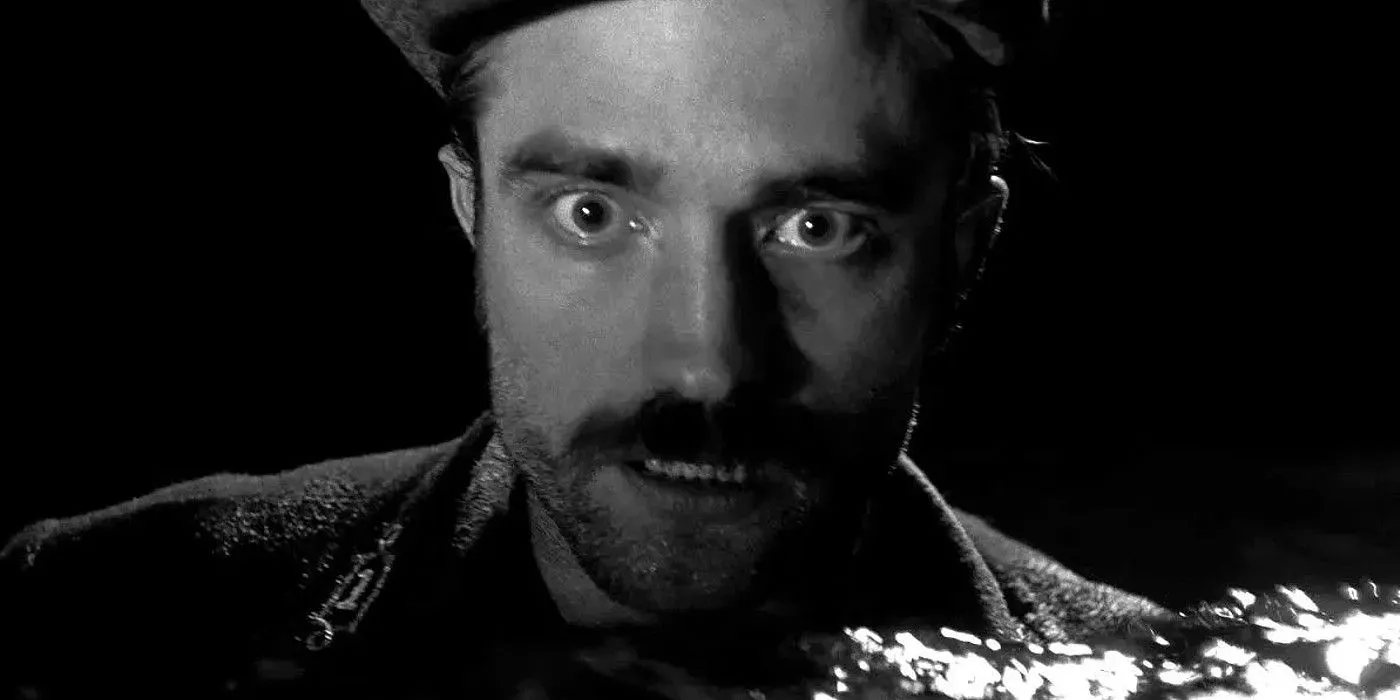
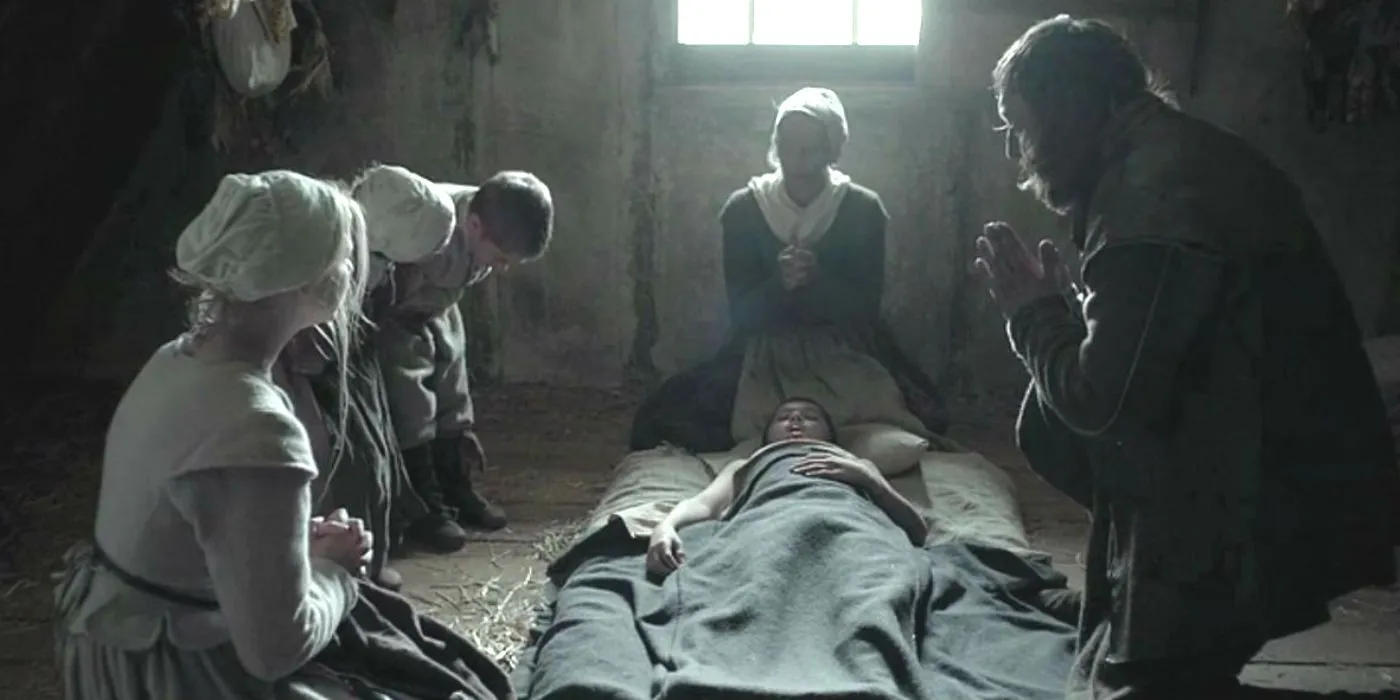
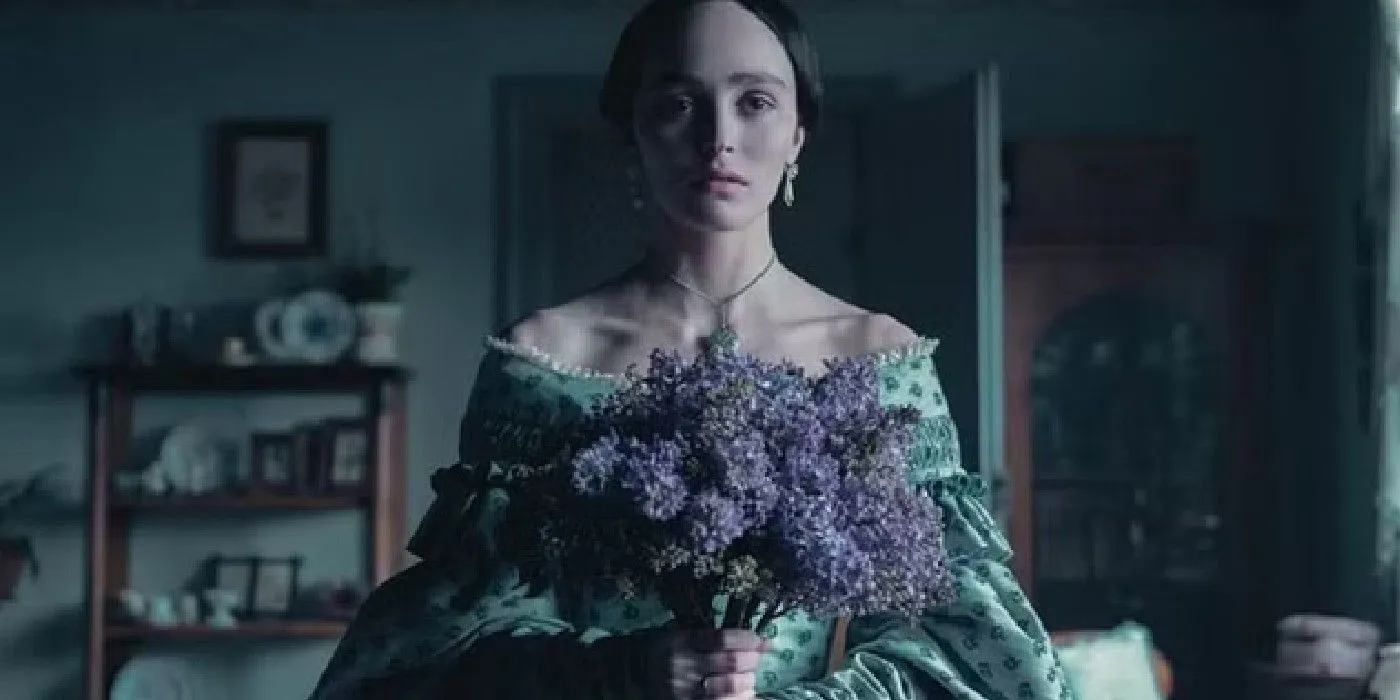
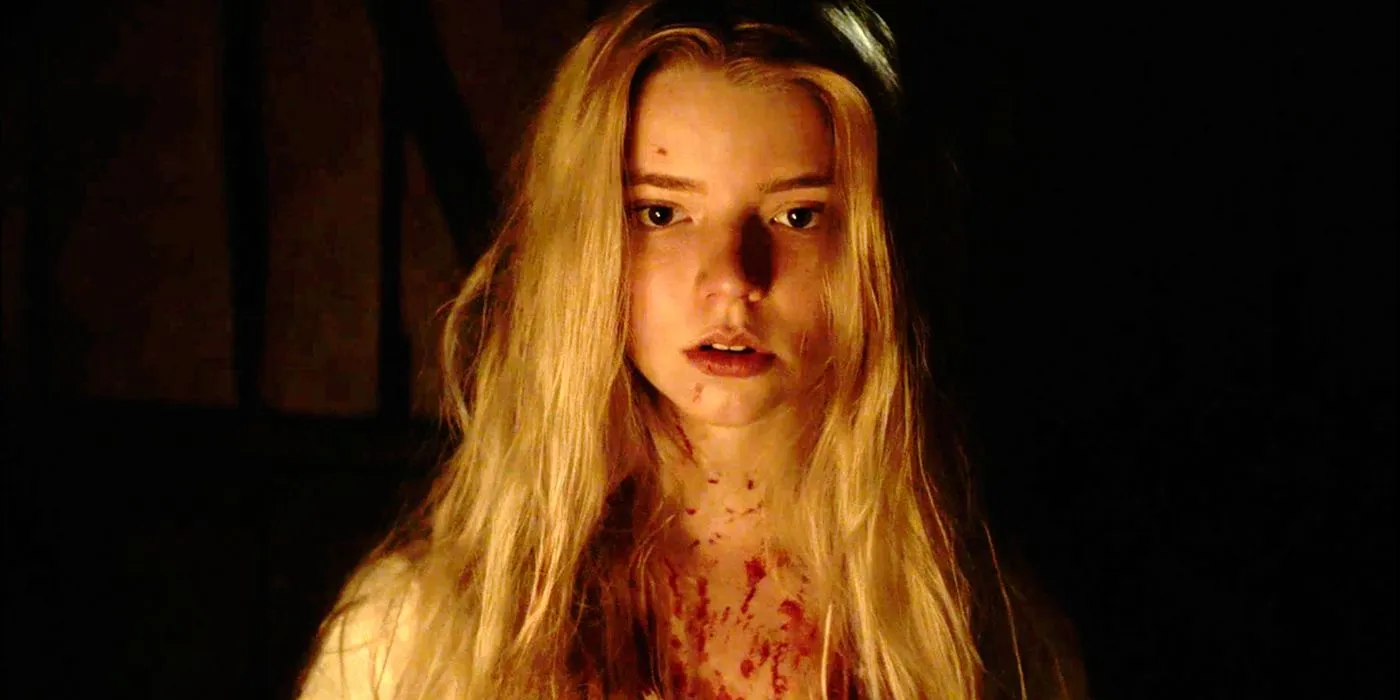
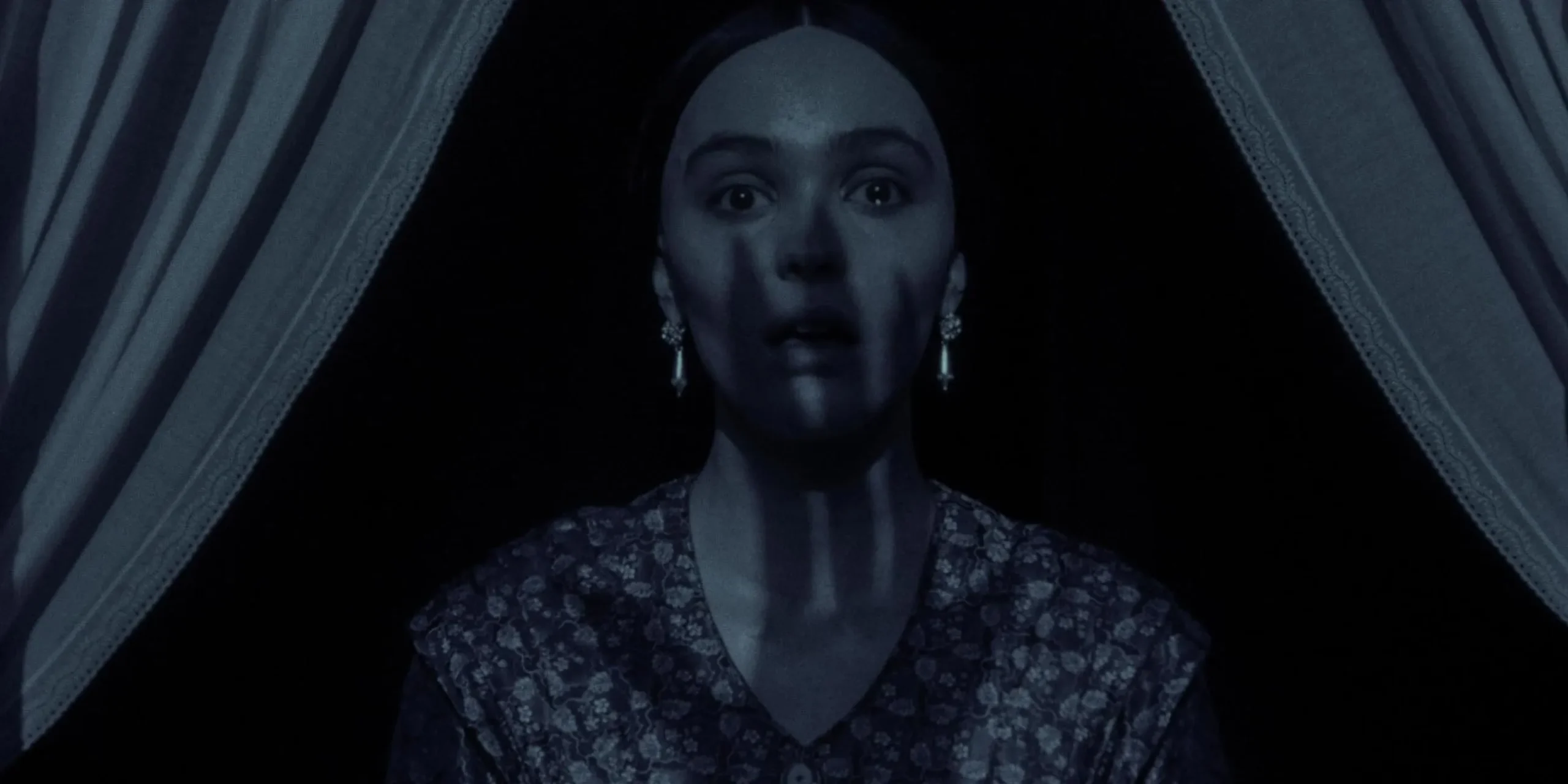
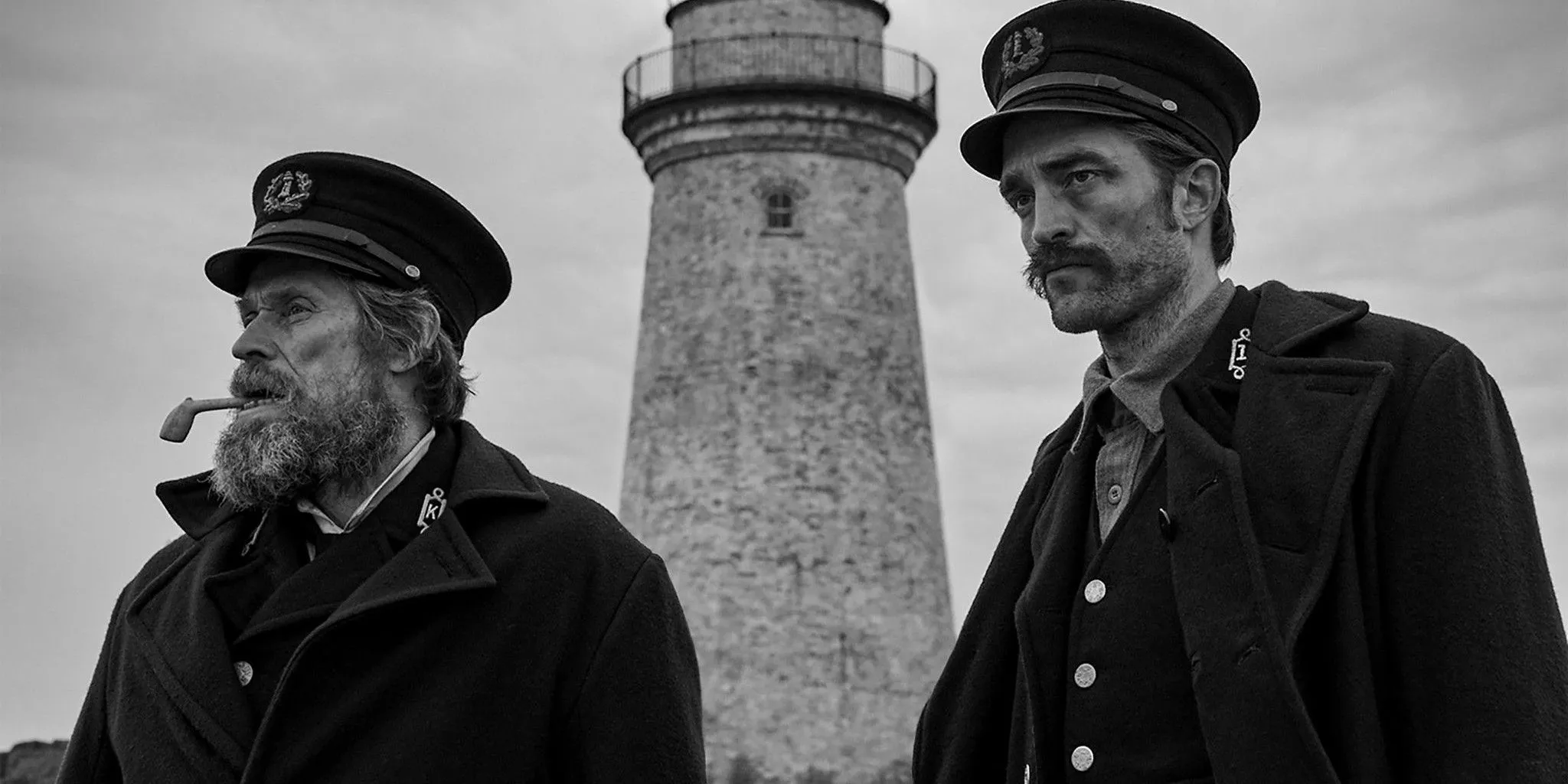
Eggers’ Nosferatu emerges at a pivotal time for the horror genre, which has been reinvented beyond the tropes of earlier decades. The genre is no longer confined to gory slasher films or simplistic narratives. Instead, it has evolved into a platform for intricate storytelling and nuanced character development. Classic films like A Nightmare on Elm Street and Silence of the Lambs have laid the groundwork for contemporary masterpieces that provoke thought and reflection. Directors like Jordan Peele, with Get Out, have effectively transformed horror into a medium that addresses pressing social issues, earning significant accolades in the process.
The emergence of “elevated horror”signifies a sophisticated shift in the genre, as filmmakers such as Ari Aster and Eggers utilize horror to scrutinize humanity’s darker aspects, offering layers of emotional and intellectual depth similar to mainstream dramas. Yet, despite this artistic evolution, esteemed institutions like the Academy of Motion Picture Arts and Sciences often overlook the remarkable accomplishments within the horror realm, leading to disappointment among audiences and critics alike.
Reflections on Eggers and the Legacy of Horror
The Genre’s Delayed Recognition
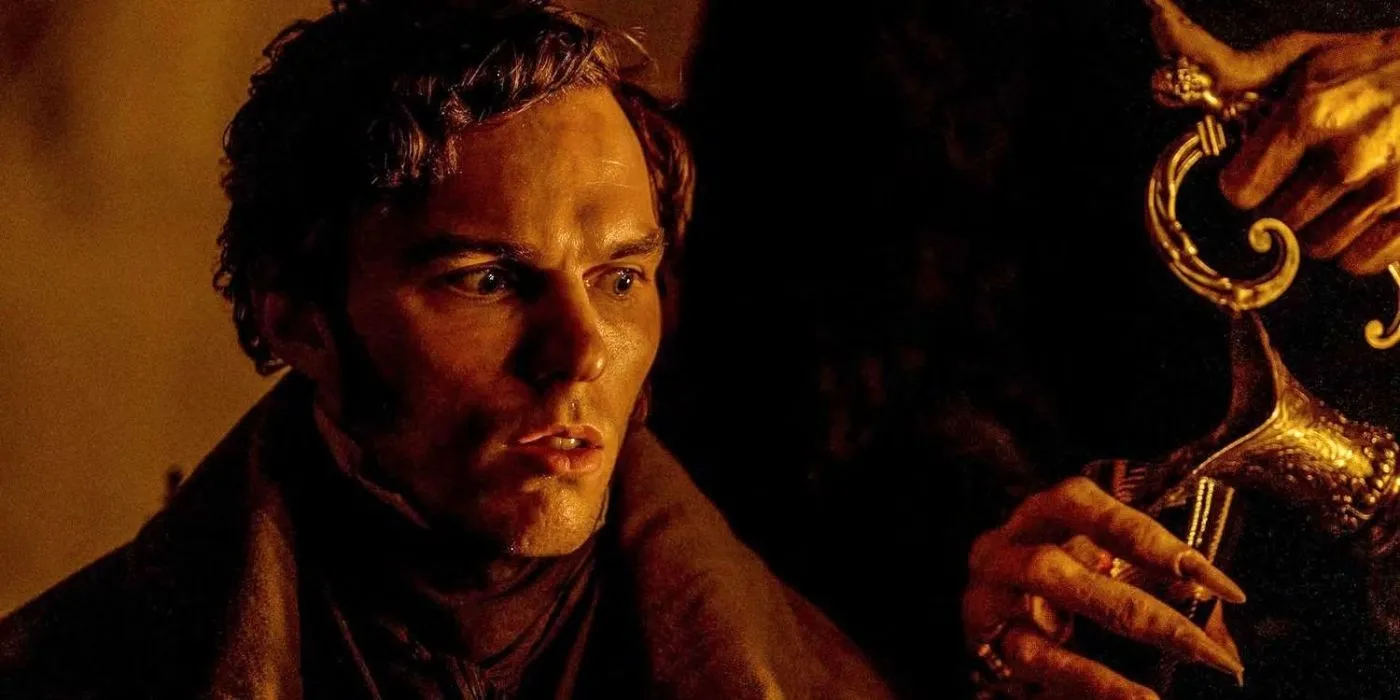
Although it’s too early to determine the awards trajectory for Nosferatu, this gothic horror narrative is already celebrated as one of Eggers’ most distinguished efforts, grossing an impressive $40.3 million domestically and emerging as the sixth highest-grossing horror film of the year. Eggers’ dedication to horror as a formative art form resonates throughout every scene of Nosferatu, emphasizing that the genre transcends mere frights to confront the aspects of our humanity we often choose to ignore. The film’s chilling performances paired with its visual elegance confirm the formidable potential of horror storytelling.
Despite the ongoing challenges for mainstream recognition, it’s undeniable that the horror genre is more vibrant than ever. Productions like Nosferatu highlight horror’s exceptional ability to merge entertainment with deep emotional and psychological exploration. Eggers’ call for respect serves not only as a defense of his cinematic work but also as a powerful appeal for the genre’s rightful place in the pantheon of celebrated creative expression.
Source: SlashFilm




Leave a Reply